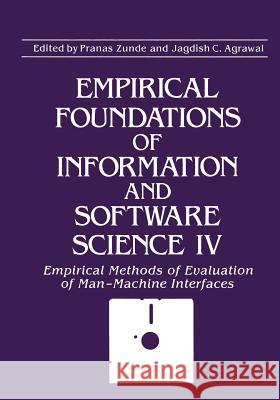Empirical Foundations of Information and Software Science IV » książka
topmenu
Empirical Foundations of Information and Software Science IV
ISBN-13: 9781468454741 / Angielski / Miękka / 2012 / 534 str.
Kategorie:
Kategorie BISAC:
Wydawca:
Springer
Język:
Angielski
ISBN-13:
9781468454741
Rok wydania:
2012
Wydanie:
1987
Ilość stron:
534
Waga:
0.92 kg
Wymiary:
25.4 x 17.78 x 2.79
Oprawa:
Miękka
Wolumenów:
01
Dodatkowe informacje:
Bibliografia
Wydanie ilustrowane
Wydanie ilustrowane











